Dear Taxpayer,
The Taxpayer Hall of Fame honors leaders whose work has left a lasting mark in the fight against wasteful spending. Inductees are recognized not only for what they achieved, but for how they did it—with persistence, courage, and an unwavering commitment to taxpayers.
Those enshrined in the Hall of Fame have demonstrated some or all of these defining qualities:
- A record of results with lasting importance
- Tenacity and perseverance in the face of long odds
- The ability to draw public attention to critical taxpayer issues
- The power to inspire others to join the cause
- Success in building broad, durable support for common-sense reforms
At Taxpayers for Common Sense (TCS), we know that every reform requires champions willing to take on the status quo. The Hall of Fame exists to recognize those leaders and to remind us that principled persistence can deliver real change for taxpayers.
The Selection Process
Honorees are nominated by TCS leadership and approved by the Board of Directors. From time to time, new inductees are added to ensure the Hall continues to reflect the people who shaped—and continue to shape—the cause of fiscal responsibility.
Why It Matters
As TCS marks 30 years of watchdogging Washington, the Hall of Fame connects past achievements to present challenges. It reminds us that real reform takes courage—and that the work of protecting taxpayers is never finished. By honoring these champions, we carry their lessons forward into the fights ahead.
Meredith McGehee
Chair, Taxpayers for Common Sense Board of Directors
Steve Ellis
President, Taxpayers for Common Sense
Senator Dale Bumpers
Inducted 1998
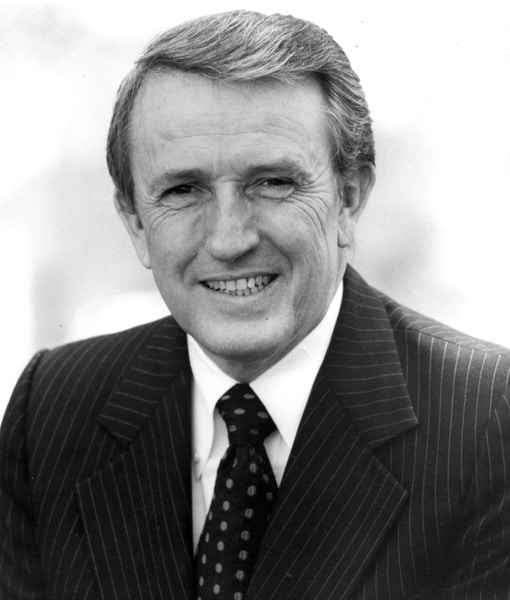
Dale Bumpers was as eloquent as he was relentless. A former Arkansas governor turned U.S. Senator, he earned a reputation as one of the chamber’s most gifted orators—Robert Novak once called him “the Senate’s finest.” But it wasn’t the speeches that earned Bumpers his place in the Hall of Fame; it was the billions he saved taxpayers by refusing to let bad ideas pass without a fight.
Bumpers led successful campaigns to cancel costly science and energy projects like the Clinch River Breeder Reactor and the Superconducting Super Collider. He was fearless in taking on sacred cows: the Space Station, mining law reform, and the F-22 fighter jet. He built bipartisan coalitions, frustrated entrenched interests, and demonstrated that persistence could prevail even against the most heavily lobbied projects.
His legacy is one of clarity and courage. In an era of big promises and bigger budgets, Dale Bumpers insisted government live within its means.
Senator William Proxmire
Inducted 1999
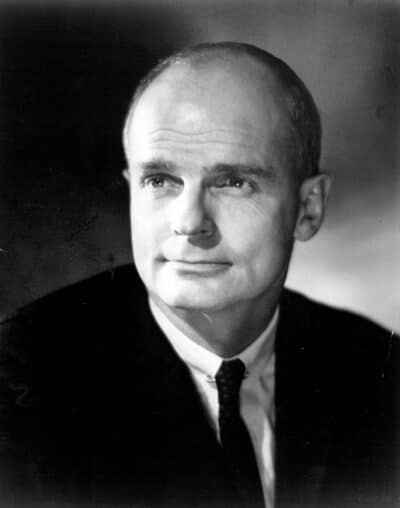
William Proxmire of Wisconsin made frugality a brand. For three decades in the Senate, he refused campaign contributions, ran on pocket change, and jogged to work. But his true mark on Washington was the Golden Fleece Award. Beginning in 1975, Proxmire issued the monthly prize to spotlight government boondoggles—like the $84,000 National Science Foundation study on why people fall in love.
The awards became a cultural touchstone, galvanizing public opinion against waste and putting agencies on notice. More often than not, Proxmire’s skewering worked: projects were canceled, agencies reined in. Behind the humor was a serious conviction that every tax dollar mattered.
Proxmire’s mix of showmanship and substance turned budget vigilance into a form of public service—and inspired the watchdogs who followed.
Representative Mark Sanford
Inducted 2000
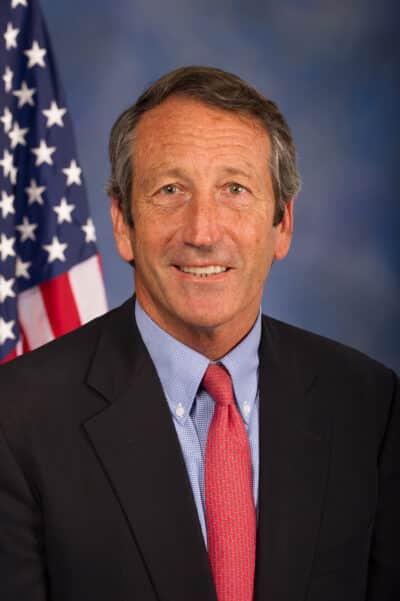
When Mark Sanford came to Congress in 1994, he promised two things: he would serve only three terms, and he would guard the public purse. He kept both promises.
A citizen-legislator from South Carolina, Sanford returned money from his office budget every year and refused all PAC contributions. He earned a spot on TCS’s “Taxpayer Hero” list three years running. But he didn’t just vote the right way; he led. He offered amendment after amendment on the House floor—sometimes losing, sometimes shaping the debate—that aimed to shave billions from bloated spending bills.
Sanford’s frugality was rooted in principle and upbringing, not political convenience. He left Congress in 2000 as he came in: idealistic, disciplined, and unwilling to let Washington’s spending culture change him.
Representative Mike Synar
Inducted 2000
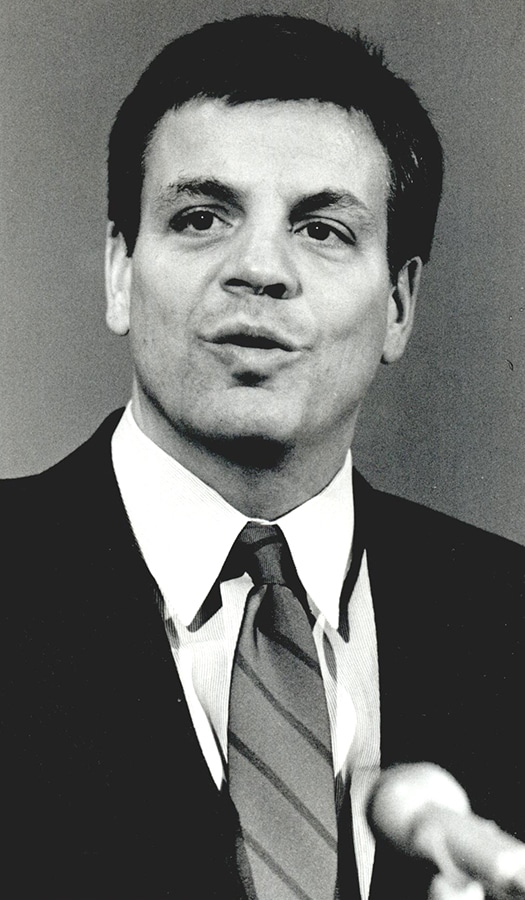
Mike Synar of Oklahoma was a populist in the truest sense: willing to lose his seat rather than sell out taxpayers. Over sixteen years in the House, he challenged powerful lobbies—ranchers, miners, timber interests—that enjoyed sweetheart deals on public lands. He fought to eliminate the Synthetic Fuels Corporation and took on entrenched industries benefiting from government handouts.
His independence cost him politically; he was defeated in a primary in 1994. Two years later, at just 45, Synar died of cancer. But his legacy endures. The Washington Post wrote that Synar’s “commitment to a politics of principle was a challenge to members of both parties—and it still is.”
Representative Tim Roemer
Inducted 2001
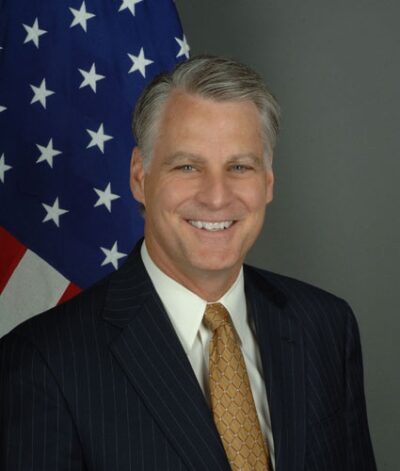
Tim Roemer of Indiana made his name taking on one of Washington’s crown jewels: the International Space Station. A freshman congressman in 1992, he argued that the program was over budget, behind schedule, and scientifically dubious. By 1993, cancellation failed by only one vote. Roemer lost the fight but changed the conversation, forcing NASA to account for its runaway costs.
Roemer’s crusade didn’t end there. He returned $1 million from his office budget to the Treasury, went after defense boondoggles like the B-2 bomber, and cut wasteful programs like NASA’s BION project, which sent monkeys into orbit for inconclusive research. Tireless and persistent, Roemer was never afraid to say no, even when lobbyists and colleagues said yes.
Representative John Kasich
Inducted 2001
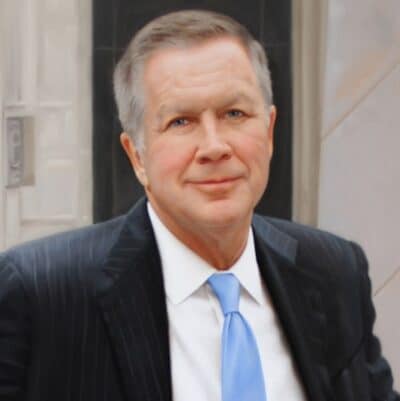
John Kasich came to Washington with the energy of a maverick and left having reshaped the budget conversation. As chair of the House Budget Committee, he led the charge to eliminate corporate welfare programs and forced debate on fiscal restraint.
In 1993, Kasich joined Democrat Tim Penny in offering the Penny-Kasich budget plan. Narrowly defeated, the proposal nonetheless paved the way for the balanced budget deal of 1997. Kasich also helped launch the Stop Corporate Welfare Coalition, a bipartisan effort to call out subsidies to the well-connected.
Kasich’s style was frenetic, his persistence legendary. He made fiscal responsibility more than an accounting exercise—it was a cause worth fighting for.
Representative Tim Penny
Inducted 2001
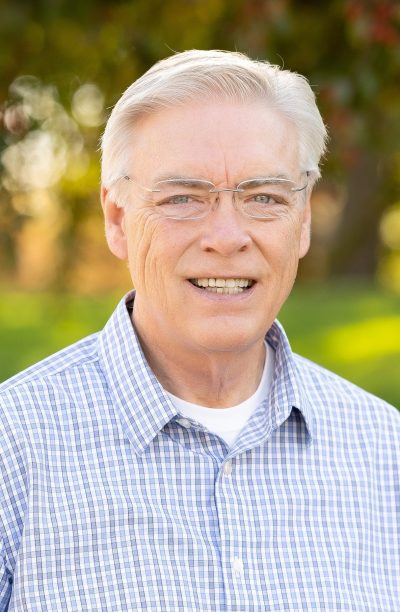
From his first term in 1983, Tim Penny of Minnesota built a reputation as a quiet but firm voice for fiscal discipline. A Democrat, he worked closely with Republican John Kasich to craft common-sense budget solutions, including the Penny-Kasich plan that shaped the eventual balanced budget deal of 1997.
Penny warned early about the fiscal strain of baby boomer retirements on Social Security and Medicare. He took on defense projects, agriculture subsidies, and special-interest carve-outs with equal vigor. He organized the Democratic Budget Study Group, creating a forum for tough conversations about deficits within his own party.
Respected across the aisle, Penny showed that fiscal responsibility was not a partisan posture but a patriotic duty.
Rafael DeGennaro
Inducted 2007
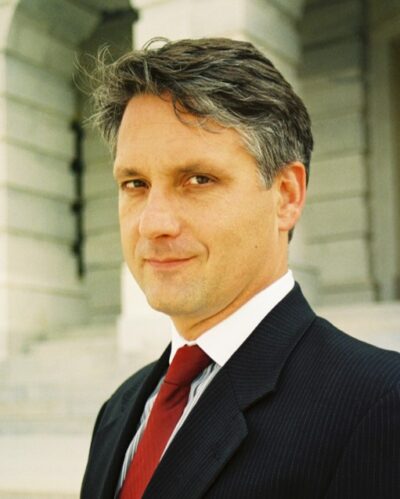
Rafael DeGennaro was a coalition-builder who proved that taxpayers and environmentalists could find common ground. As co-founder and first president of Taxpayers for Common Sense, he helped turn a scrappy startup into a nationally recognized watchdog that saved taxpayers billions every year.
DeGennaro co-authored the first Green Scissors reports in the mid-1990s, marrying fiscal and environmental reform in a way Washington couldn’t ignore. As staff to Rep. Charles Bennett, he helped force declassification of the B-2 bomber’s costs, starting a debate that capped its procurement. He also counted votes on amendments that cut billions from the Strategic Defense Initiative.
In 2006, he launched ReadtheBill.org, a national effort to ensure open floor deliberations in Congress. Throughout, DeGennaro’s hallmark was persistence—knowing that even entrenched waste could be beaten back with the right alliances and unrelenting effort.
Jill Lancelot
Inducted 2015
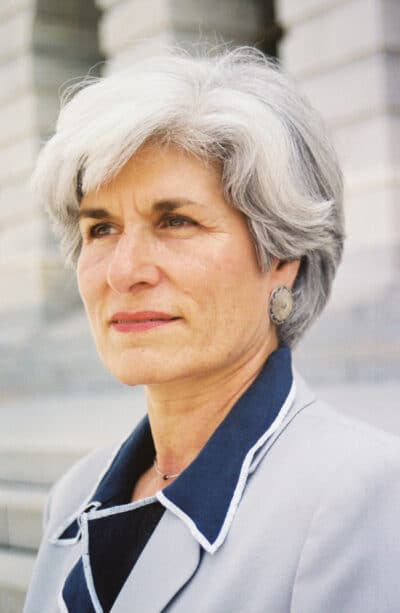
Jill Lancelot brought vision, grit, and an unshakable sense of purpose to Washington’s fiscal debates. In 1995, she co-founded Taxpayers for Common Sense and set the standard for what a truly independent watchdog could be: nonpartisan, fearless, and unwilling to be co-opted.
As Legislative Director, she dug deep into appropriations bills, exposing the earmarks, subsidies, and boondoggles hidden in fine print. She built “odd-bedfellow” coalitions—taxpayer groups, environmentalists, conservatives, progressives—that proved reform was possible when principles came first.
Her work helped stop unnecessary water projects, challenge entrenched subsidies, and elevate transparency as a national priority. But beyond the policy victories, Lancelot left a model of integrity and toughness. Her legacy is written in every battle TCS has fought since: read the bills, follow the money, tell the truth.
Senator Tom Coburn
Inducted 2015
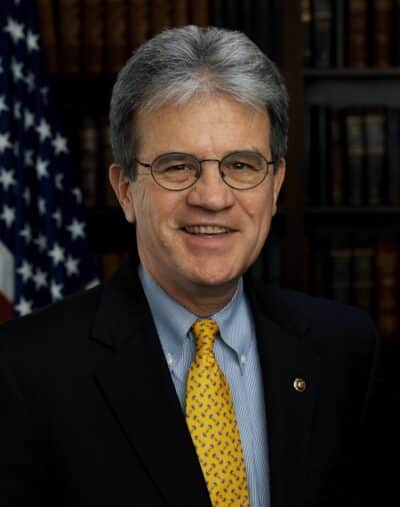
Tom Coburn of Oklahoma, a physician by training, brought a scalpel to Washington’s bloated budget. Known as “Dr. No” for his refusal to let bad bills pass without scrutiny, Coburn made fiscal discipline his calling card in both the House and Senate.
He co-authored the Federal Funding Accountability and Transparency Act of 2006, which created USAspending.gov and gave taxpayers unprecedented access to federal spending data. He launched the annual Wastebook, cataloging questionable projects and forcing Congress to reckon with the absurdities of its own budgeting. He fought earmarks, corporate welfare, and runaway entitlements with the same doggedness.
Coburn’s style was uncompromising. He would hold the Senate floor to block bills he deemed fiscally reckless, even at personal or political cost. For him, every dollar wasted was a dollar stolen from future generations. His mix of persistence, transparency, and principle left a legacy still felt today.
Ryan Alexander
Inducted 2025

Ryan Alexander provided years of leadership and dedication to protecting American taxpayers from wasteful spending. She first joined the Board of Directors of Taxpayers for Common Sense in1999 before stepping in as Acting Executive Director in 2001, a moment of national crisis when fiscal responsibility was in danger of being sidelined. Her steady hand during that period underscored the importance of independent, nonpartisan watchdogs in times of upheaval.
In 2006, Alexander became President of TCS, a role she held until 2019. Over thirteen years, she guided the organization through major budget battles, from wars funded on credit to record deficits and repeated fights over earmarks. She testified before Congress, was a frequent voice in the national media, and ensured TCS was a go-to source for clear, fact-based analysis on agriculture subsidies, defense spending, disaster aid, and energy policy.
Alexander also strengthened TCS itself—expanding its reach, sharpening its research, and mentoring a new generation of watchdogs. She built coalitions across the political spectrum, proving again and again that common sense reforms can unite unlikely allies.
Her career reflects all the qualities of a Hall of Famer: persistence, integrity, and results that endure. For her leadership on the board, her service in a time of national crisis, and her transformative presidency, Ryan Alexander was inducted into the Taxpayer Hall of Fame in 2025.
